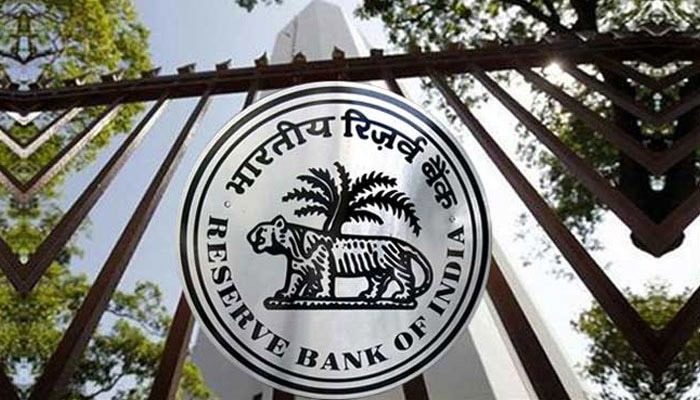The Reserve Bank of India (RBI) has proposed the introduction of stringent norms for dealing with wilful defaulters under which banks and other lenders will be required to examine all accounts with outstanding amounts of Rs 25 lakh and more to check in case the borrower is deliberately not repaying the loans.
The apex bank has come up with a ‘Draft Master Direction on Treatment of Wilful Defaulters and Large Defaulters’ on which comments have been invited till October 31, 2023.
As per the RBI, the draft Master Direction expands the scope for Regulated Entities (REs), which can classify borrowers as wilful defaulters and widens the ambit of the definition of wilful defaulters.
Furthermore, it fine-tunes the identification process and directs for a review and finalisation on wilful default aspects within six months of an account being classified as a Non-Performing Asset (NPA), as per the RBI.
In addition, the draft states the treatment of wilful default loans sold to Assets Reconstruction Companies (ARCs) and their status under the Insolvency and Bankruptcy Code (IBC).
A wilful default by a borrower would be deemed to have occurred when the borrower defaults in addressing payment or repayment obligations even while having the capacity to honour the loan repayment obligations, as per the draft.
In addition, a wilful default means diversion of the funds availed under the credit facility from a lender, siphoning off the funds, disposable of immovable or movable assets provided as security and refusing to honour equity infusion commitment.
Furthermore, the draft said that a wilful default on the part of a guarantor would be deemed to have occurred in case they do not honour the guarantee when invoked by the lender despite having various means to make payment of the dues.
In addition, the draft has put forward that in respect of accounts where wilful default might have been overlooked during the initial examination, the aspects related to wilful default should be subsequently re-examined in terms of the board-approved policy of the lender as a periodicity that the board would specify.
As per the draft, the provisions related to large defaulters would apply to all entities regulated by the apex bank, irrespective of whether they fall within the definition of a lender.
Also, has put forward norms on the treatment of defaulted loans sold to other lenders and ARCs and accounts where resolution is arrived at under IBC or resolution framework guidelines issued by the central bank.
In order to rein in wilful defaults, the draft mentions that in the cases of project financing, lenders should ensure the end use of funds by, inter alia, obtaining certification from Chartered Accountants (CAs) for the specified purpose.
If the lender witnesses any falsification of accounts and the auditors are found to be negligent or deficient in carrying out the audit, then the lender concerned should think about lodging a formal complaint against the statutory auditors of the borrowers with the National Financial Reporting Authority (NFRA) and The Institute of Chartered Accountants of India (ICAI).

Rajiv is an independent editorial consultant for the last decade. Prior to this, he worked as a full-time journalist associated with various prominent print media houses. In his spare time, he loves to paint on canvas.





